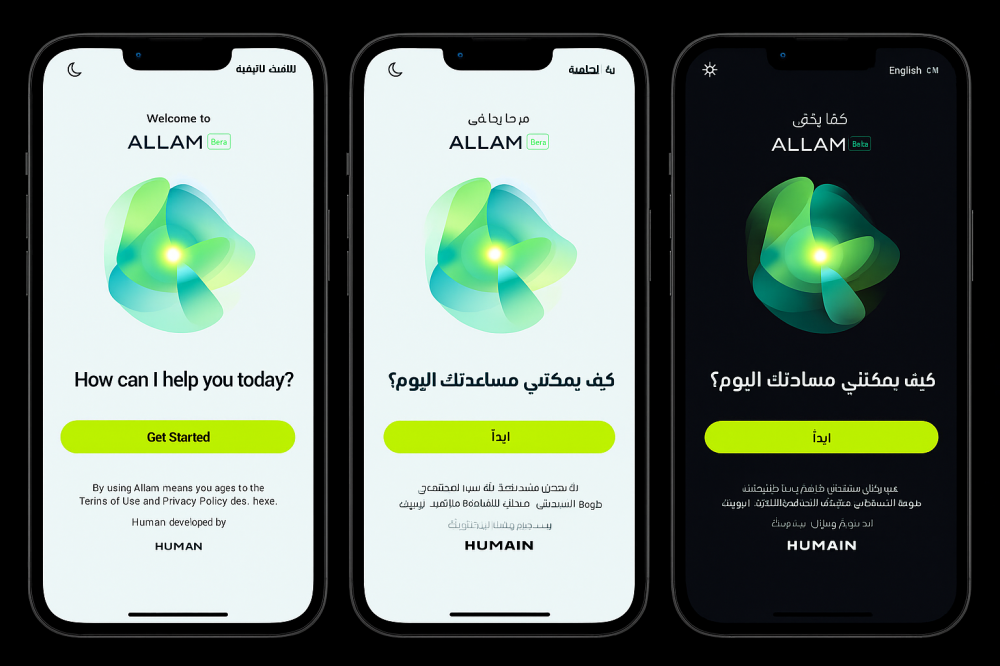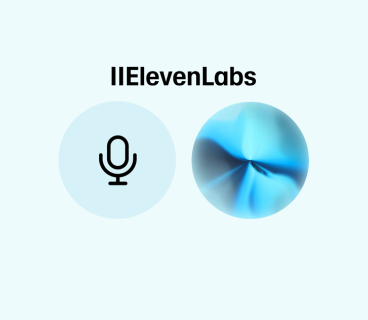Saudi Arabia’s AI company, Humain, has unveiled a new Arabic-language chatbot that reflects Islamic values. This move marks an important step in adapting AI products for markets outside Western worldviews.
The Humain Chat chatbot is based on the company’s “Allam” large language model, which, according to the company, was trained on “one of the largest Arabic-language datasets ever collected.” Humain claims that this model is “the world’s most advanced Arabic-first AI model.”
A key emphasis for Humain is that the chatbot not only communicates fluently in Arabic—including Egyptian and Lebanese dialects—but is also well-versed in “Islamic culture, values, and heritage.” The application is planned to launch first in Saudi Arabia, followed by the broader Middle East, and eventually worldwide, aiming to serve an estimated 500 million Arabic speakers globally.
Humain Chat was originally developed as part of a project initiated by the Saudi Data and Artificial Intelligence Authority (SDAIA) before being transferred to the Humain company. This government connection raises questions about potential censorship. Bloomberg notes that the chatbot may restrict the types of information provided to users in accordance with Saudi government requirements.
Indeed, the Saudi government is known for strict online monitoring. Freedom House’s 2024 report gave the country a low score for internet freedom.
In this context, the article highlights not only the potential biases in Saudi AI but also notes that U.S. AI tools are not free from ideological leanings. For instance, OpenAI openly states in its documentation that ChatGPT is “tilted toward Western perspectives,” while Elon Musk’s xAI is working to regulate the ideology of its Grok chatbot.
The article emphasizes a key point: although there is a difference between corporate and government control, the U.S. government indirectly influences AI companies through federal contracts, requiring them, for example, to reject “radical climate denial” and comply with principles like “diversity, equity, and inclusion.” While this is not direct coercion, it effectively pushes AI companies to align with government-endorsed ideological lines.
Thus, whether in Saudi Arabia representing local culture or in the U.S. complying with political expectations, the question of which value system AI models are trained on and what information they filter remains a central topic of global discussion.







